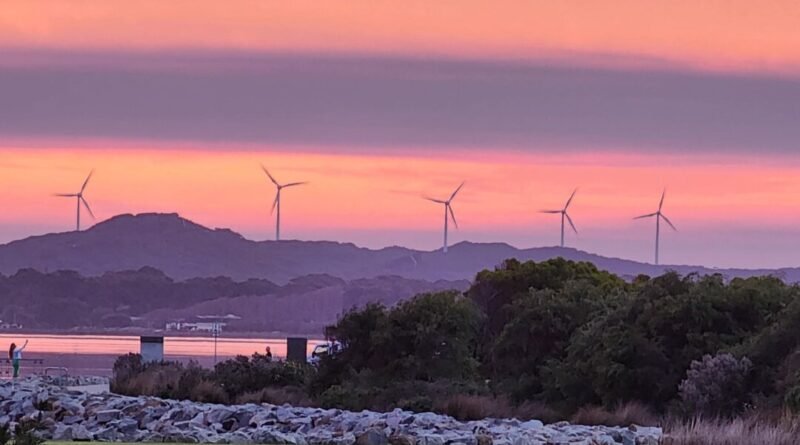Poll finds that affordability of energy is more important than achieving net zero goals
48 percent of Australians indicated that they are not willing to contribute anything towards Australia achieving net zero emissions by 2050. Only 2 percent are willing to pay more than $500.
According to a survey commissioned by the Institute of Public Affairs (IPA), Australians prioritize affordable and reliable energy over net zero targets.
The recent survey conducted by Dynata in early June posed the question, “What should be the main focus of the federal government’s energy policy?”
In response, 57 percent chose affordability, up from 41 percent in 2022, while 24 percent chose reliability, down from 31 percent in 2022.
Only 19 percent of respondents in the survey prioritized “meeting the net zero emissions by 2050 target,” down from 28 percent in 2022.
IPA Deputy Executive Director Daniel Wild pointed out that support for affordability and reliability has risen from 72 percent to 81 percent compared to 2022.
“As mainstream Australians continue to suffer through a cost-of-living crisis, it is time governments prioritize energy affordability and reliability, rather than continuing to push a failing energy transition to expensive and unreliable renewables.”
48 percent Want to Pay ‘Nothing’ to Achieve Net Zero by 2050
The survey also asked, “How much would you personally be willing to pay each year for Australia to reduce its emissions to zero by 2050?”
48 percent responded with “nothing,” 29 percent with $50 a year, 18 percent with $100 a year, 3 percent with $500 a year, and only 2 percent with more than $500 a year.
Mr. Wild emphasized that nearly half of Australians are not willing to contribute financially to achieve net zero.
He noted that this highlights the lack of support for the net zero emissions by 2050 policy.
There has been a shift from 2022, with 42 percent of Australians stating they would not pay anything for the net zero initiative.
54 percent of Australians Want to Abandon Net Zero Target
The survey also revealed that 54 percent of Australians believe the country should halt its commitment to net zero emissions by 2050 until there are enough energy supplies to prevent blackouts.
Conversely, 20 percent disagreed, an increase from 17 percent in 2022.
“The announcement that the Coalition would abandon Australia’s unachievable 2030 renewables and emissions target should they win government means Australians will finally have a discussion on the failing energy transition and net zero,” Mr. Wild said.
“The only way to reduce power bills and ensure our energy grid’s stability is through affordable and reliable energy generation.”
Separate Poll Finds 57 Percent Say Global Warming is ‘Serious’
Additionally, a separate poll by the Lowy Institute found that 57 percent of Australians view global warming as a “serious and pressing issue.”
These individuals believe that global warming demands immediate action, even if it involves significant costs.
The Lowy Institute noted that 30 percent of respondents think the issue of global warming should be addressed gradually with low-cost measures, while 12 percent believe no steps should be taken until the seriousness of global warming is certain.
The survey also shows variations based on age and political affiliation, with younger Australians and Labor voters more likely to view global warming as a significant problem compared to older citizens and Coalition voters.



